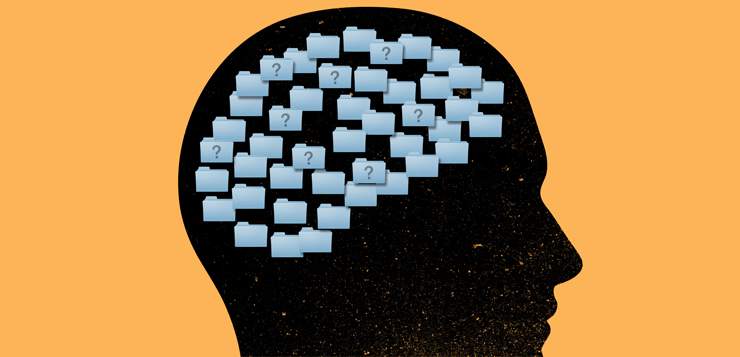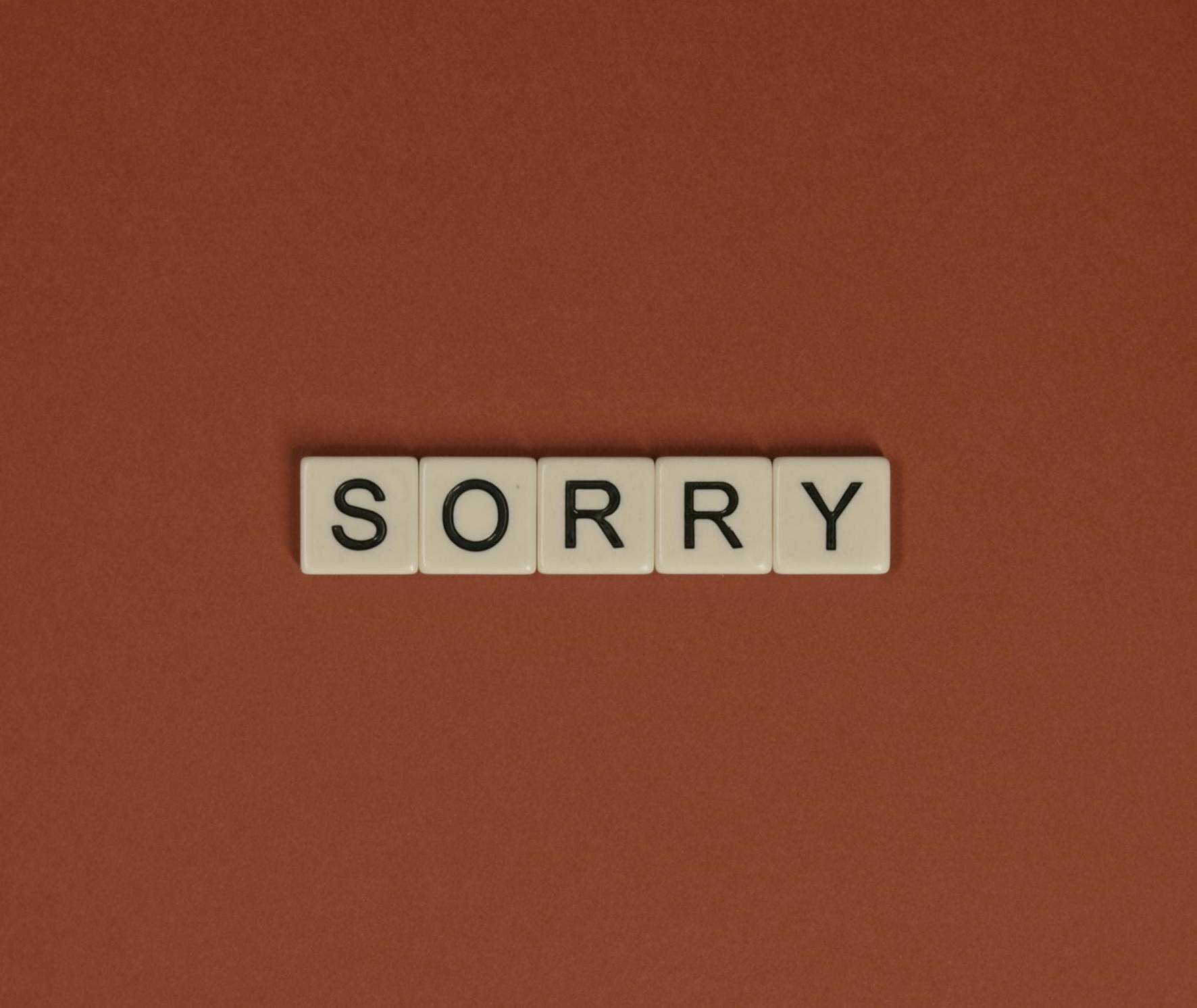You and your significant other are charging through your morning routine, exchanging last-minute chit-chat:
“I’ll make the vet appointment.”
“Are we out of sugar already?!”
“I have to meet with that intern and might be late tonight.”
“I love that dress on you.”
“Did you notice the car is making that funny noise again?”
If you’re like most people, only a tiny fraction of such an exchange will stay with you. According to neuropsychologists’ understanding of memory, the mundane experiences of our lives vanish into the mists of time unless they trigger one of three mental reactions:
They strike an emotional chord (“are we out of sugar” sounds to you like the accusatory “didn’t you put it on the shopping list when you finished it?!”),
they connect to your sense of self (looking good in a new dress = you’re fashion forward), or
they cause you to think deeply (“that car noise could mean a worn U joint on the drive shaft and…oh god, there goes the budget”).
New research has added a twist to that understanding, however: Memory gets a second chance. Future events, recent studies have found, can enable us to remember something that didn’t make it into our brain’s long-term memory at the moment we experienced it. That is, the future seems to change our ability to remember past events long after the window for remembering or forgetting had, scientists thought, slammed shut.
That discovery is only the latest challenge to the notion that memory is like a high-fidelity recording of our lives, a physical trace etched into our neurons like the grooves on a vinyl record. Over the last few years, neuroscientists and psychologists have learned that, in fact, memories are not only fallible (as we have all experienced; who played the bad guy in Speed?), they also can be manipulated.
True or False?
According to lab studies, false memories can be implanted in some people (about one-third to one-half of us) simply by having them think about true experiences, introducing a false one, and asking them to think long and hard about each. And contrary to the old view that when memories are retrieved they are returned to long-term storage exactly as they were, it turns out they can be changed every time we access them: Reliving an experience alters our memory of it. That can have embarrassing consequences. Congressman Paul Ryan, for instance, told a radio interviewer in 2012 that he had run a marathon in just under three hours. Although his actual time was 4:01, he probably wasn’t consciously lying (the fib was far too easy to catch) but was tripped up by repeatedly thinking about his time (so close to a number that began with a three) and unwittingly altering the memory.
A Second Chance
In the latest twist on memory, scientists have discovered that events that occur long after an original event can affect whether we recall a past event at all. You might expect an experience to have only one shot at being encoded into memory by triggering one of the trio of mental reactions I described above: It either does or it doesn’t pull such a trigger at the moment the experience occurs. But consider for a moment the mention of a late-day meeting with the intern. It might go in one ear of his wife and out the other, seemingly forgotten—until the intern’s name pops up on a possibly flirty text you happen to glimpse. Or, to use another example, a stranger brushes past you at the bar, something you barely notice and therefore do not encode into a fully formed memory. But it takes on new meaning when you discover your phone has gone missing.
In both cases the merest wisp of a memory— it was barely encoded—becomes as vivid as a nightmare from which you just awakened. “New information can strengthen previously weak memories, making it more likely that an experience is retained,” explains psychologist Elizabeth Kensinger of Boston College. “The future can make an experience more likely to become encoded in memory.”
One experiment that showed this effect asked subjects to look at images of animals (chimp, eagle, crab, and more) and tools (anvil, hammer, shears…). Five minutes later, they looked at different animals and tools, this time receiving a mild electric shock when anything from one category (but not the other) appeared. The volunteers remembered items belonging to the category associated with the zap, not surprising since the items stirred an emotional reaction (fear or aversion, as in, “uh oh, there’s a picture of a chimp and here comes a zap”).
But here’s the funny thing, according to psychologist Joseph Dunsmoor of New York University and his colleagues: After being shown the second set of images and given the shocks that accompanied those in a certain category—let’s say it was the tools—the participants, tested 6 and 24 hours later, remembered the tools in the first group better than they had initially. In other words, while tools had seemed unimportant at the moment when a perception first had a chance to become encoded as a memory, once they received a zap, it suddenly caused the memory to be encoded on the second try, so to speak, and therefore to be retrievable.
The journal Nature, which published the study in 2015, called this phenomenon “retroactive memory enhancement,” and said it suggests that people “can remember initially inconsequential information following a relevant later experience.” Contrary to the longstanding belief that the go-or-no-go decision (remember or forget) can’t be revisited, many of our experiences seem to be stored in a sort of limbo, poised to move into long-term storage and consciousness if later events warrant. That nonchalant mention of an intern, that barely noticed brush with a stranger at a bar… in the bright light of hindsight, they seem more important than they did when the experience had its first chance to be encoded, and what had been weakly encoded or not encoded at all becomes strongly so.
Once the brain detects the relevance of information it had previously brushed off, it can kick into gear and encode the experience as a retrievable, conscious memory.
The Spidey Sense
Our brain contains more memories, and more potential memories, than we realize. What happens is seemingly inconsequential experiences are stored as weak signals in the brain, at least for a while (no one knows how long). Later events strengthen them and make them vivid—or, as neuroscientists put it, later events affect the past consolidation of memories. Once the brain detects the relevance of information it had previously brushed off as inconsequential and decided not to encode, it can kick its memory-consolidation machinery into gear and encode the experience as a retrievable, conscious memory.
The fact that our brain contains potential memories that can be pulled into consciousness long after the brain made the initial choice to remember or forget, might explain the “Spidey sense” that allows some people to see danger the rest of us miss. During the first Persian Gulf war in 1991, for instance, a British air defense officer intuited that a radar blip was a hostile Silkworm missile and not a friendly warplane, and made the call to shoot it down—which would have had tragic consequences if he’d been wrong. In 2006, after the US invasion of Iraq, a sergeant intuited that a casually dropped bag contained a bomb and yelled at bystanders to run for their lives. These cases are likely the result of unconsciously matching a perception—a radar blip, a man’s behavior—to memories of similar phenomena that are so weak as to remain unconscious… until a future event calls them into action. More of our past life may be etched into our memory neurons than we ever dreamed, just waiting for the nudge to draw them into the light.
RESEARCH
When Memory Lies
The research cited here posits the existence of accurate memories that come to light when triggered by subsequent, and somehow related, events. The biggest news about how malleable memory can be emerged in the early ’80s, when a group of therapeutic practices that fall under the category of Recovered Memory Therapy gained popularity. They use hypnosis, sedatives, and dialogue to uncover “repressed memories,” usually of sexual abuse or satanic ritual. Research cited in a series of successful lawsuits in the early ’90s discredited these techniques. Professional standards now proscribe their use, and the False Memory Syndrome Foundation exists to support people whose lives are potentially disrupted by the planting of false, traumatic memories in therapeutic settings.







